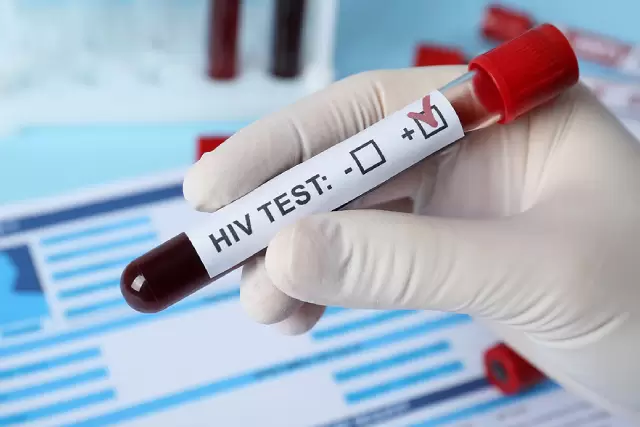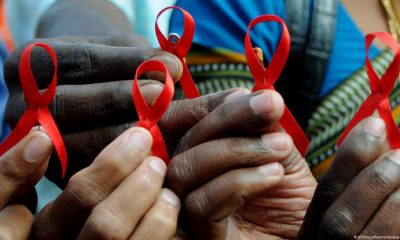In a recent report, the United Nations Fund for Population Activities (UNFPA) in Uganda has sounded the alarm over the rising number of adolescent girls contracting HIV.
UNFPA’s warning comes against a backdrop of several contributing factors that are pushing adolescent girls into situations where they are exposed to the risk of HIV. These factors include premarital sex, which makes them susceptible to the virus, as well as teenage pregnancies, defilement, gender-based violence, and poverty.
One of the most alarming statistics presented by UNFPA is that approximately two-thirds of all new HIV infections in Uganda are contracted by adolescent girls. This grim reality has far-reaching consequences, leading to many girls dropping out of school due to unwanted pregnancies and early marriages.
These challenges faced by adolescent girls can be attributed, in part, to gender inequalities and entrenched patriarchal norms that hinder their ability to negotiate for safe sex, particularly given their underdeveloped reproductive systems.
According to Laura Criado, the gender and youth programs coordinator at UNFPA, the number of girls contracting HIV and AIDS is staggering. Shockingly, the infection rates among adolescent girls are four times higher than those among both men and women above the age of 25.
The prevalence of HIV stands at 6.2% among the entire population of Uganda. Still, young women aged 15 to 24 bear the heaviest burden, with infection rates that are four times higher than those in the broader population. These statistics emphasize the urgency of addressing the crisis.
Another critical concern is the high rate of teenage pregnancies. Adolescent pregnancy affects 25% of girls aged 15 to 19, with only 12% of adolescent girls entering into marriage. According to the UNFPA’s 2021 report on the cost of inaction, the Government of Uganda is estimated to spend over 645 billion shillings annually on healthcare for teen mothers and the education of their children.
In response to these alarming statistics, Kelvin Colgan, the Ambassador of Ireland to Uganda, has urged the government to take punitive measures against individuals who defile adolescent girls, thus disrupting their education and career prospects. Colgan’s call for action centers on the need to invest in child rights and provide comprehensive sexuality education to all young people to help them make informed decisions regarding the challenges they face.
Gender minister Betty Amongi also issued a strong message, cautioning young girls against engaging in premarital sex to enable them to continue with their education. She emphasized that financial background should not be a hindrance to success and advised young girls to resist temptations from individuals seeking to exploit them.
In summary, the escalating rate of HIV infections among adolescent girls in Uganda is a critical issue that demands immediate attention. UNFPA’s concerns are not only about the health of these girls but also the long-term socio-economic impact on the country.
















